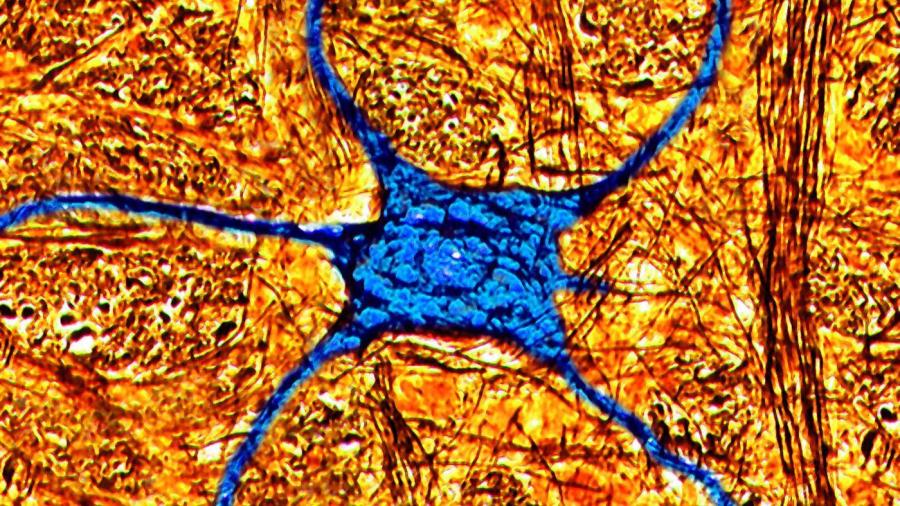What Is the Definition of “neurological Sequelae”?

Neurological sequelae are medical conditions associated with damaged neurons resulting from a previous disease, injury or other trauma. The Latin word sequela means “sequel” or “follow.” For example, if a person suffers damage or injury to her spinal cord, a neurological sequelae may be complete or partial paralysis of her limbs and/or torso. This condition is known as tetraplegia.
Another example of a neurological sequela is the presence of involuntary muscle movements in the face or limbs stemming from neurological damage that was suffered during a stroke or brain tumor. This condition is commonly referred to as ataxia. Neurological sequelae can also arise from physical and psychological trauma such as that caused by torture. In this case, trauma could be defined as beatings, gunshot wounds, stab wounds, asphyxiation, prolonged suspension and electrocution. All of these forms of trauma could bring about neurological sequelae which may include: headaches, vertigo, loss of consciousness, dizziness, paralysis of a limb, seizures and decreased sensation. In a study performed by the Boston University School of Medicine, it was discovered that 86 percent of the political-prisoner detainees who were held in a prison in Caracas, Venezuela reported having headaches after being exposed to trauma arising from intense and torturous interrogations.





